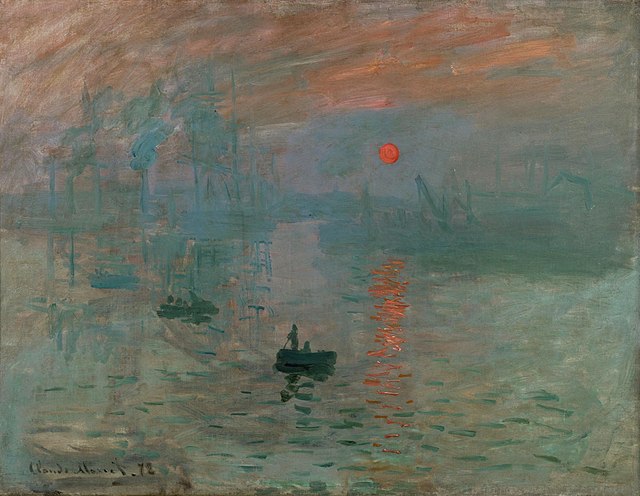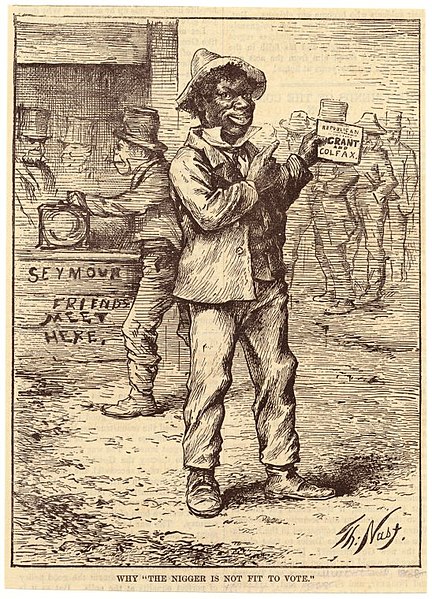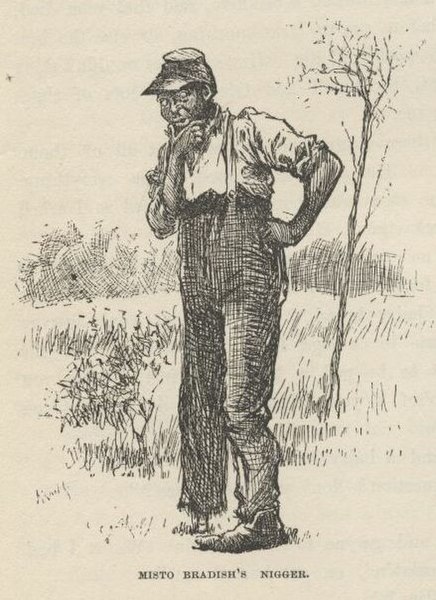In linguistics, reappropriation, reclamation, or resignification is the cultural process by which a group reclaims words or artifacts that were previously used in a way disparaging of that group. It is a specific form of a semantic change. Linguistic reclamation can have wider implications in the fields of discourse and has been described in terms of personal or sociopolitical empowerment.
Claude Monet's Impression, soleil levant was ridiculed as "Impression-ist" in 1872, but the term then became the name of the art movement, "impressionism", and painters began to self-identify as "impressionist".
In the English language, nigger is a racial slur directed at black people. Starting in the 1990s, references to nigger have been increasingly replaced by the euphemism "the N-word", notably in cases where nigger is mentioned but not directly used. In an instance of linguistic reappropriation, the term nigger is also used casually and fraternally among African Americans, most commonly in the form of nigga, whose spelling originated from the phonological system of African-American English.
Lyrics for the song "Run, Nigger, Run", about a fugitive slave escaping from a slave patrol, printed in 1851
The US edition of Joseph Conrad's The Nigger of the "Narcissus" was called The Children of the Sea.
Historical American cartoon titled "Why the nigger is not fit to vote", by Thomas Nast, arguing the reason Democrats objected to African-Americans having the vote was that, in the 1868 US presidential election, African-Americans voted for the Republican candidates Ulysses S. Grant and Schuyler Colfax. "Seymour friends meet here" in the background is a reference to the Democratic Party candidate: Horatio Seymour.
1885 illustration from Mark Twain's Adventures of Huckleberry Finn, captioned "Misto Bradish's nigger"





